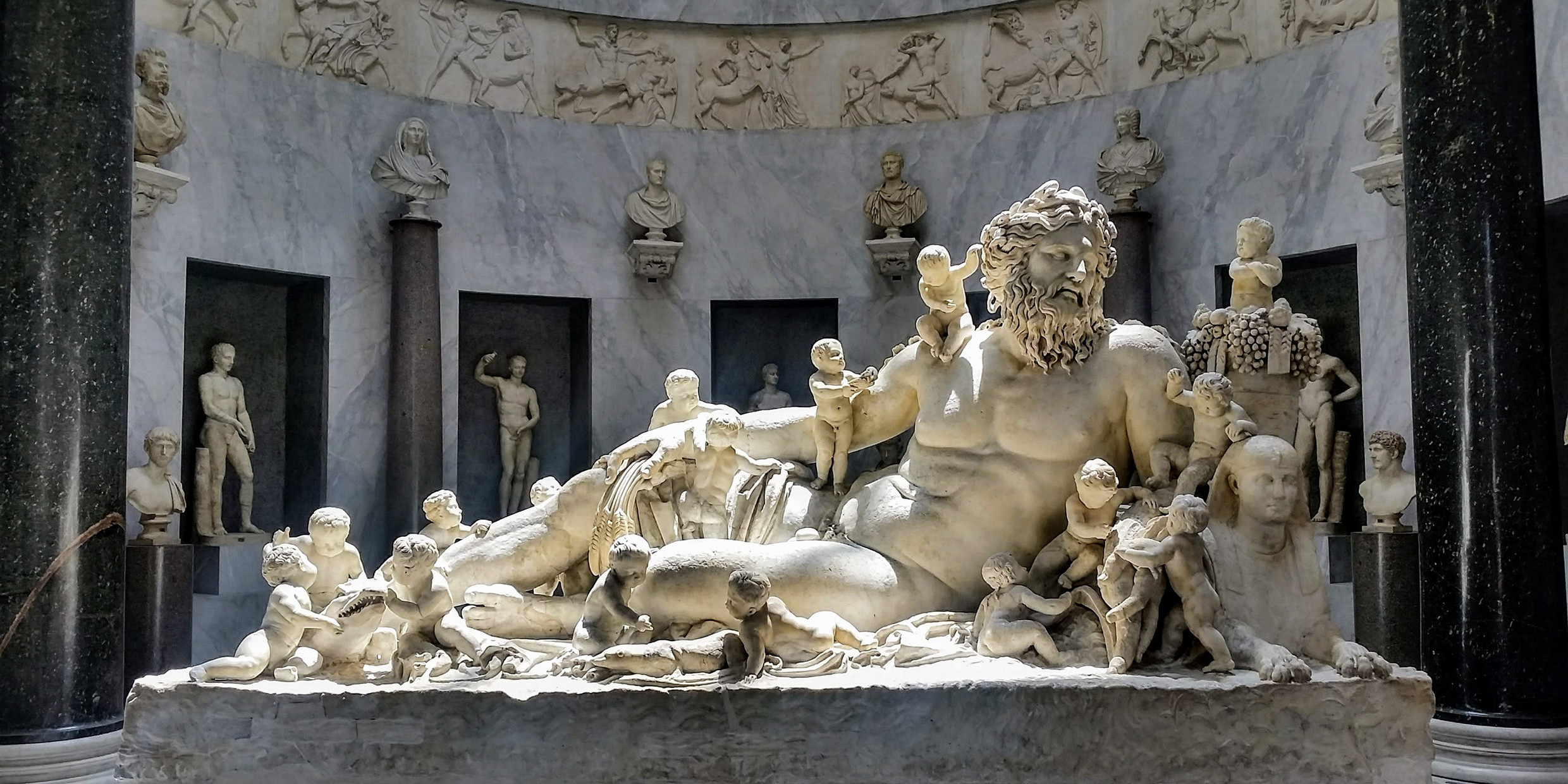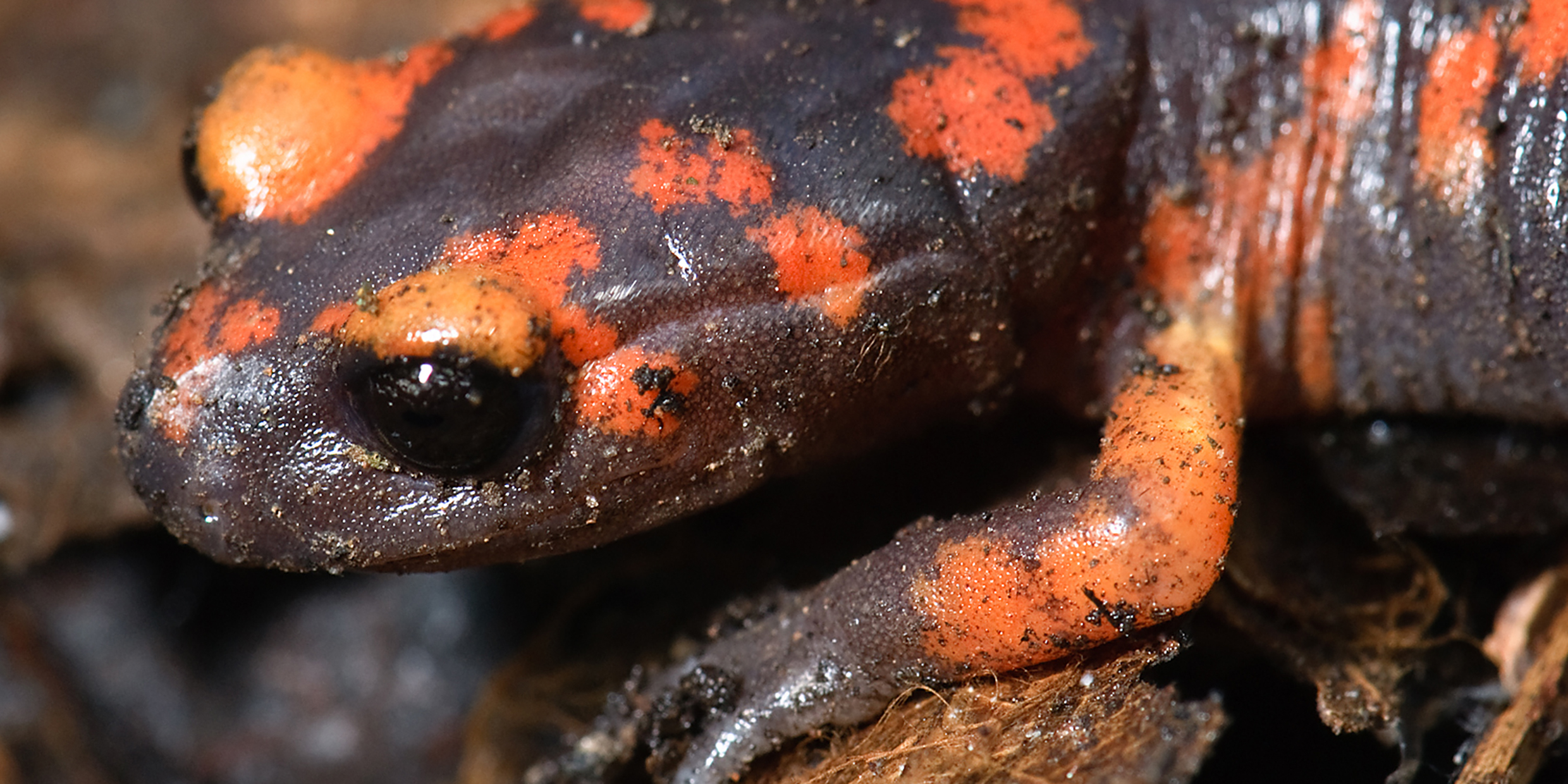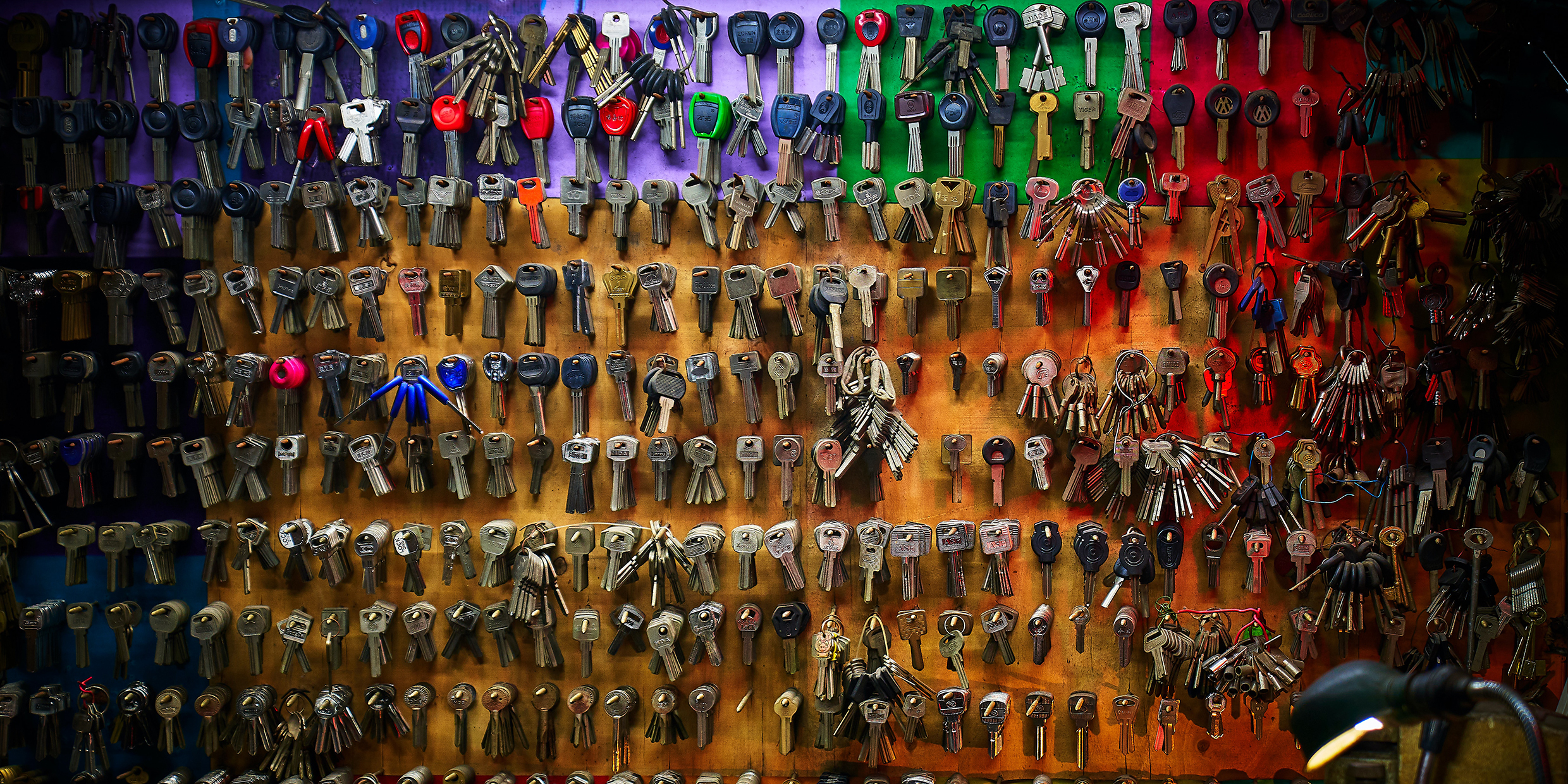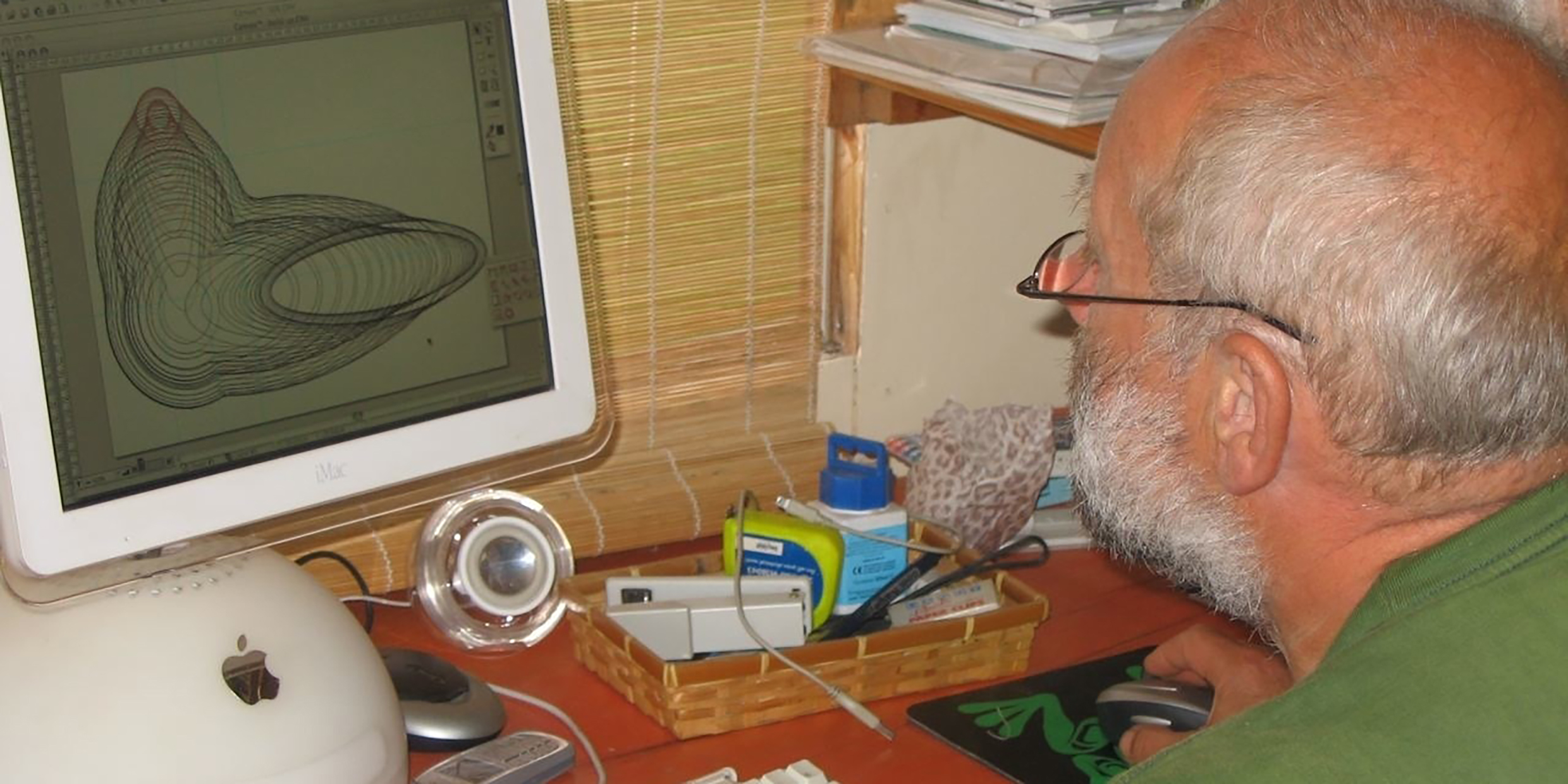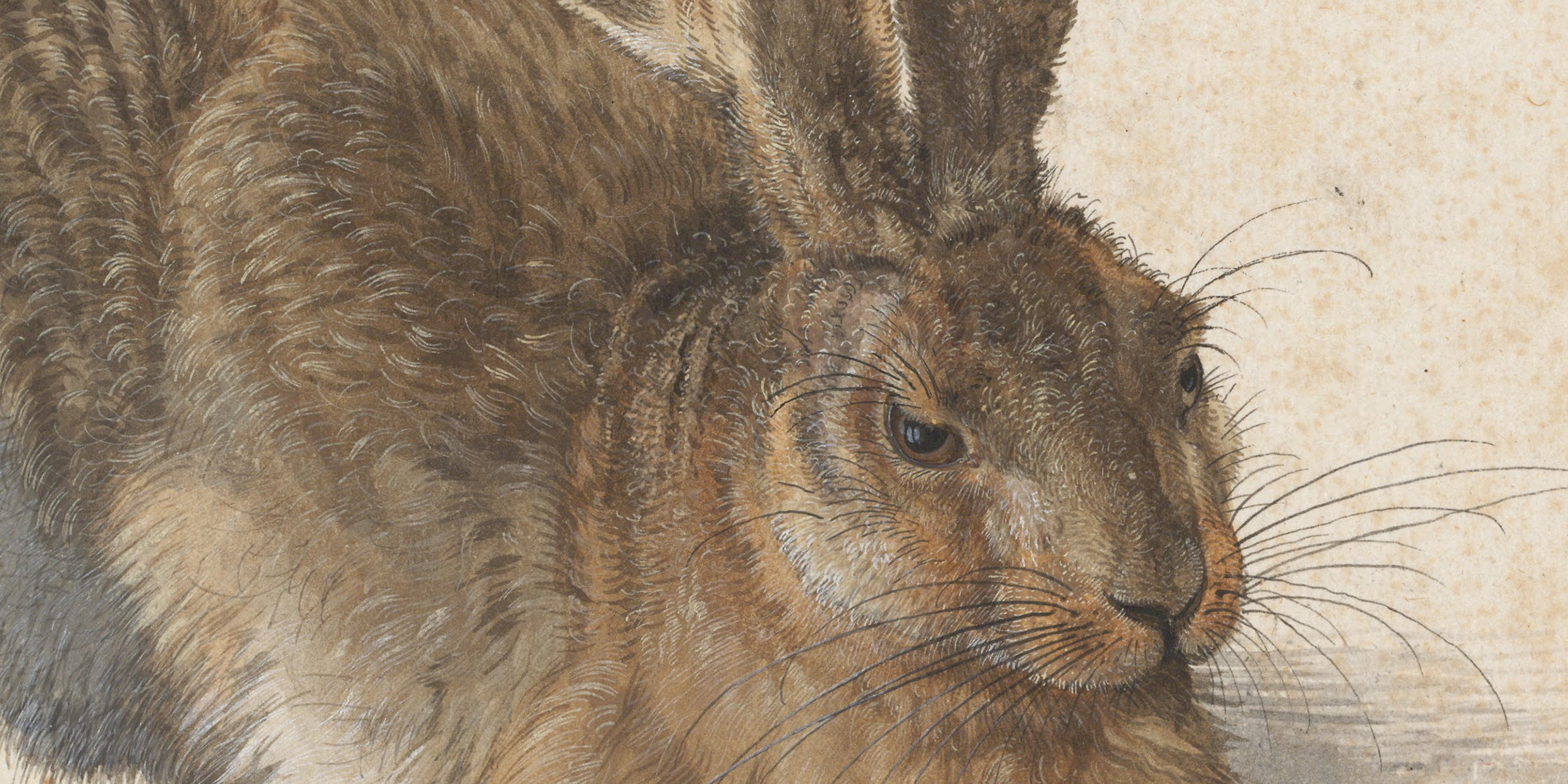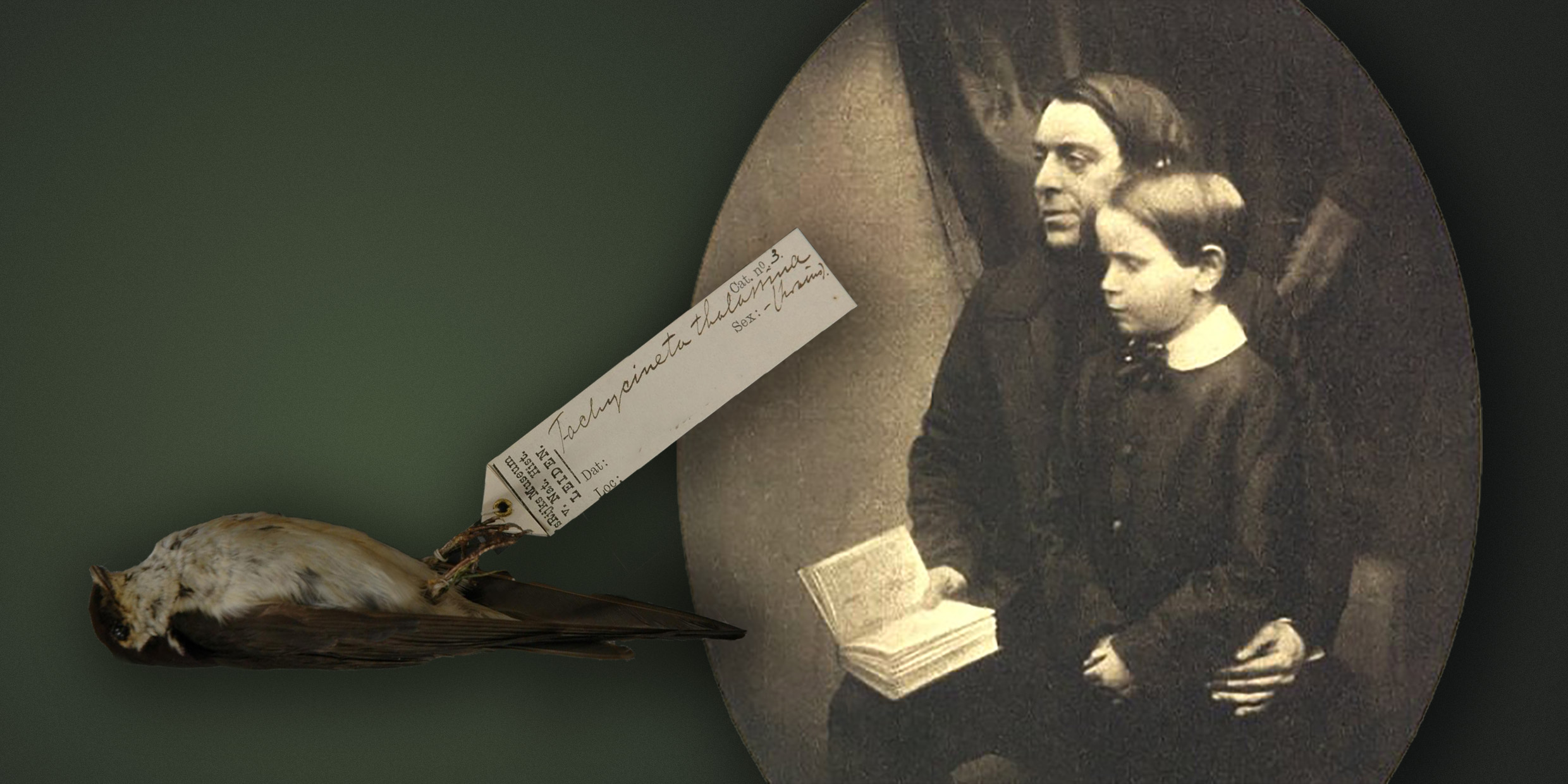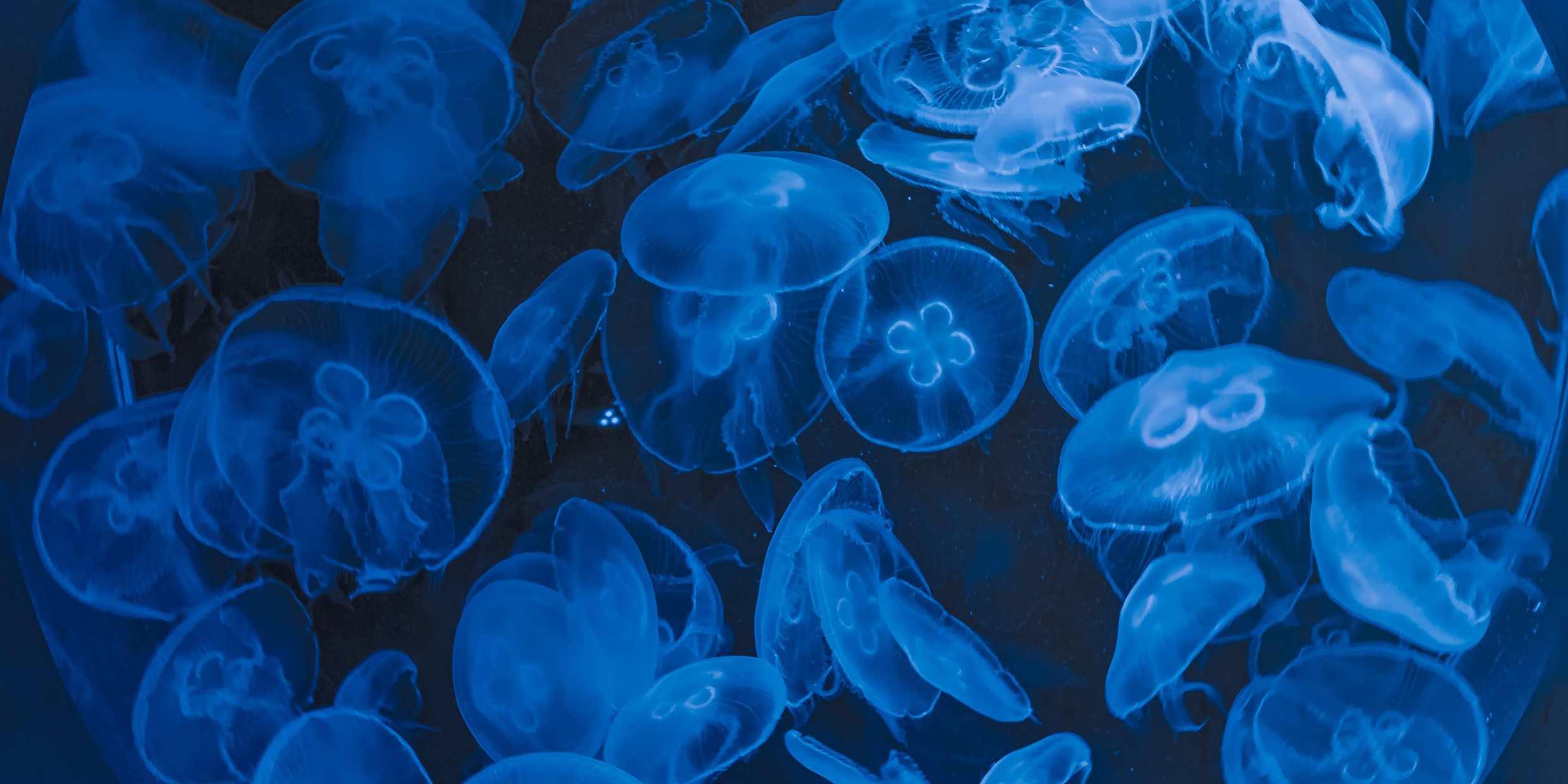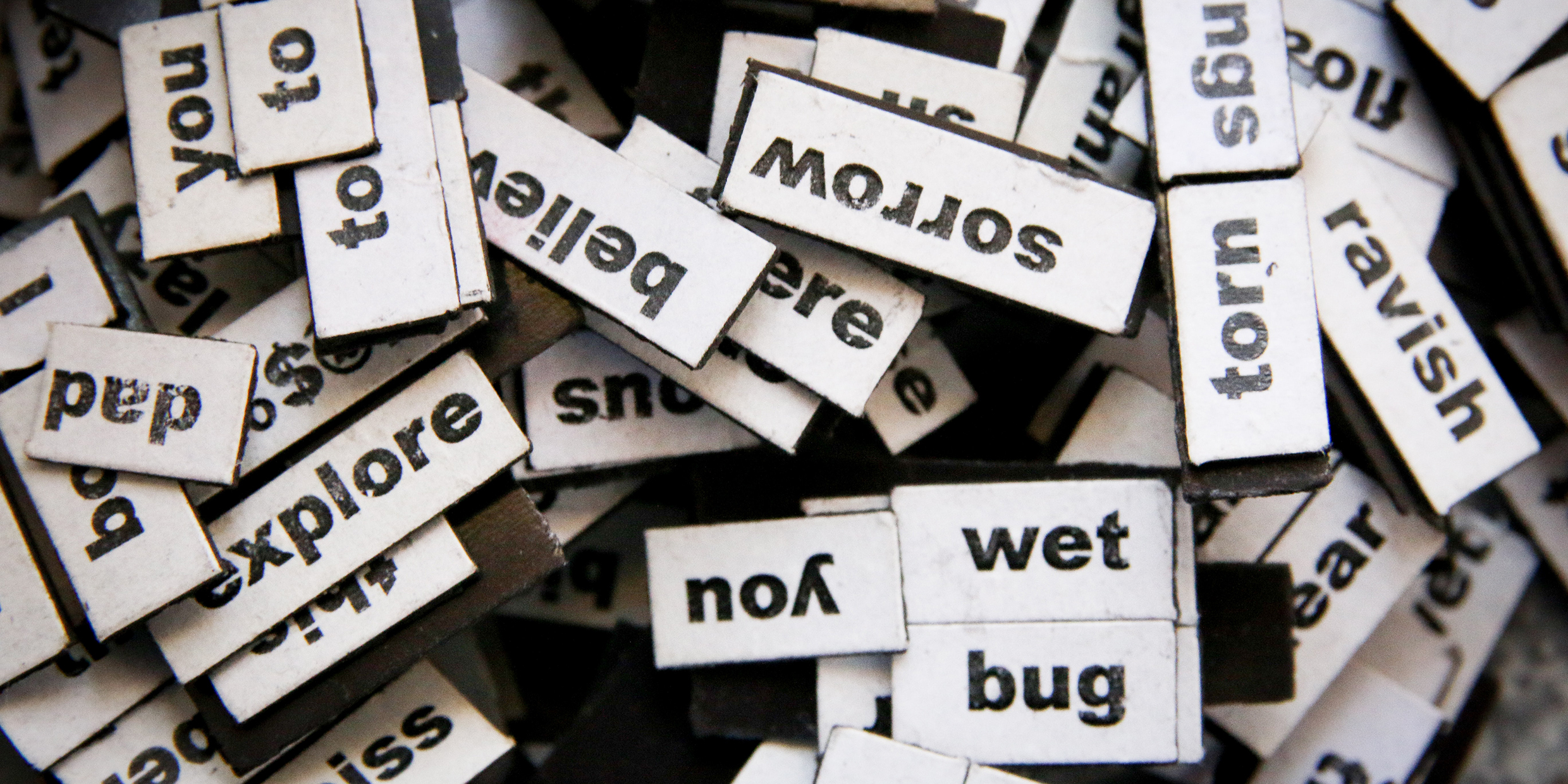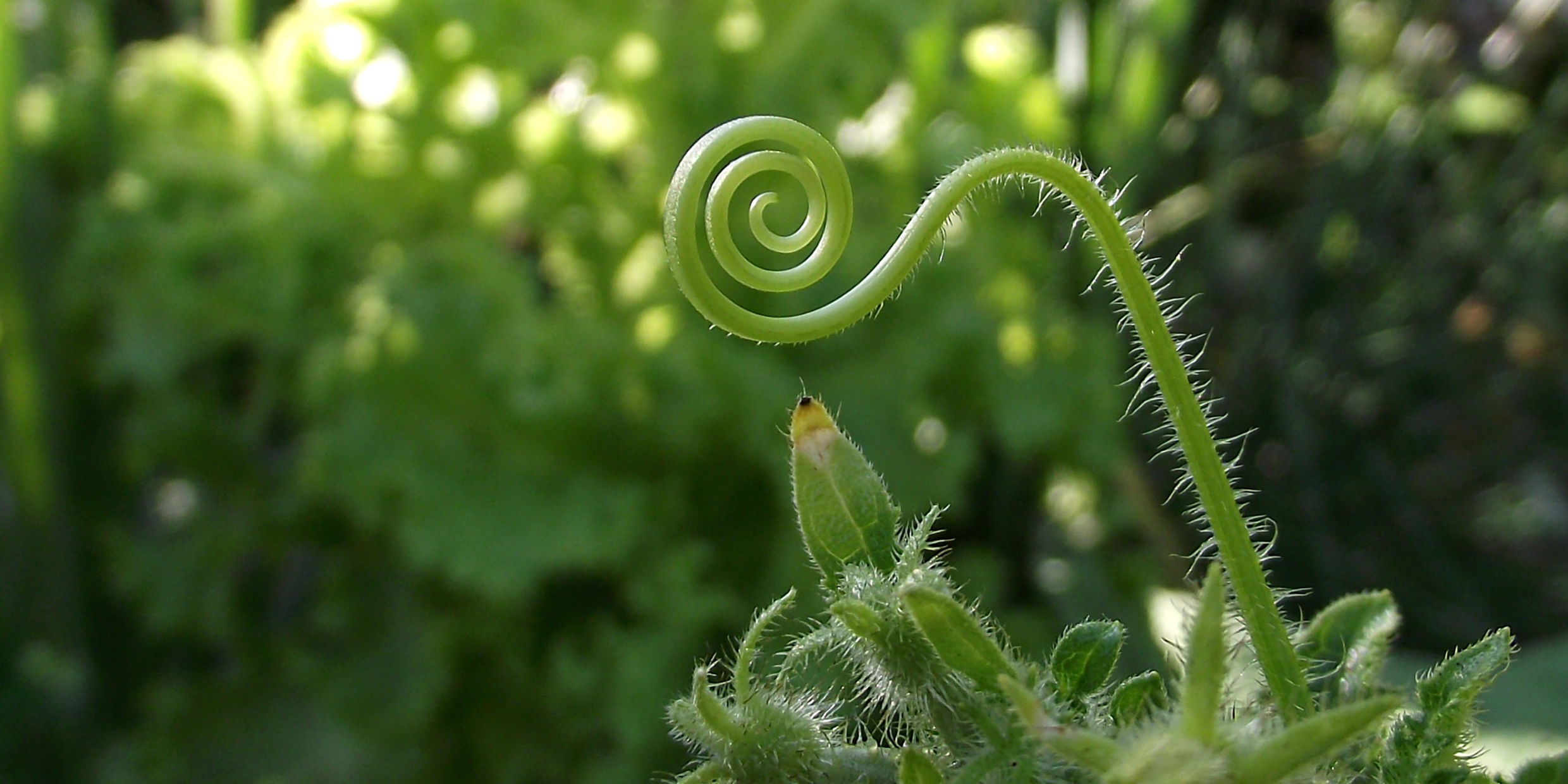Anthropologist Pascal Boyer thinks he knows what all supernatural beings — gods, ghosts, witches, fairies, and so on — have in common: They are optimal compromises between the interesting and the expected.
Wasting away
Many communities in the United States are talking about banning plastic bags. Here in Ireland we’ve been required to bring our own shopping bags to the market for years. But Lord knows there’s still plenty of trash.
The tyranny of the discontinuous mind
A telling tale from Richard Dawkins’ “The Ancestor’s Tale” is the tale of the tailed salamanders that live in the mountains around California’s Central Valley (but not on the valley floor).
Can’t find your keys? Pray to Saint Anthony
Some years ago, the excellent Catholic magazine Commonweal published an essay of mine that examined (and dismissed) the evidence for the efficacy of petitionary prayer.
Relative to the observer
John Holstead is a Yorkshireman by birth, a West Kerryman by adoption. He has had a checkered career: marine engineer, carpenter, sculptor. It is as an artist that I have know him best for thirty years.
The melancholy of the questing mind
In “Letters to a Young Poet,” the poet Rainer Maria Rilke writes: “We should try to love the questions themselves, like locked rooms and like books that are written in a very foreign tongue.”
Father and son: A centennial recollection
On September 21, 1849, Emily Bowes, the wife of the British zoologist Philip Gosse, gave birth to a baby boy. The father recorded in his diary: “E. delivered of a son. Received green swallow from Jamaica.”
Raptures of the deep
Early in Jules Verne’s’ “20,000 Leagues Under the Sea,” Captain Nemo welcomes Pierre Aronnax, professor of natural history at the Paris Museum, aboard his submarine.
Village water white wild woods
Here is a sentence from a scientific report on the evolution of language: “A challenge for evolutionary biology, therefore, is to provide a detailed mathematical account of how natural selection can enable the emergence of human language from animal communication.”
The importance of hooks and tendrils
Take the train from London’s Victoria Station to the town of Orpington, fifteen miles south of the city. Here you might catch a bus or a taxi for the last leg of your journey.
